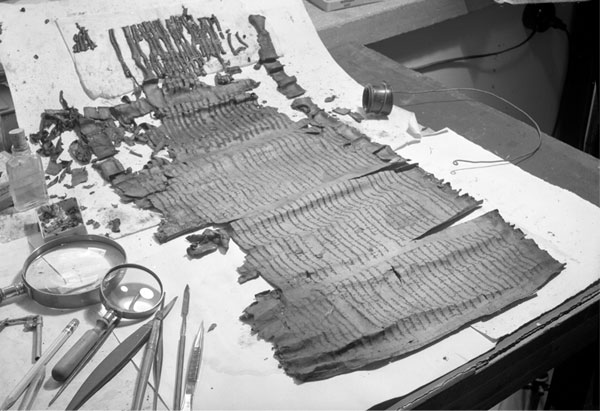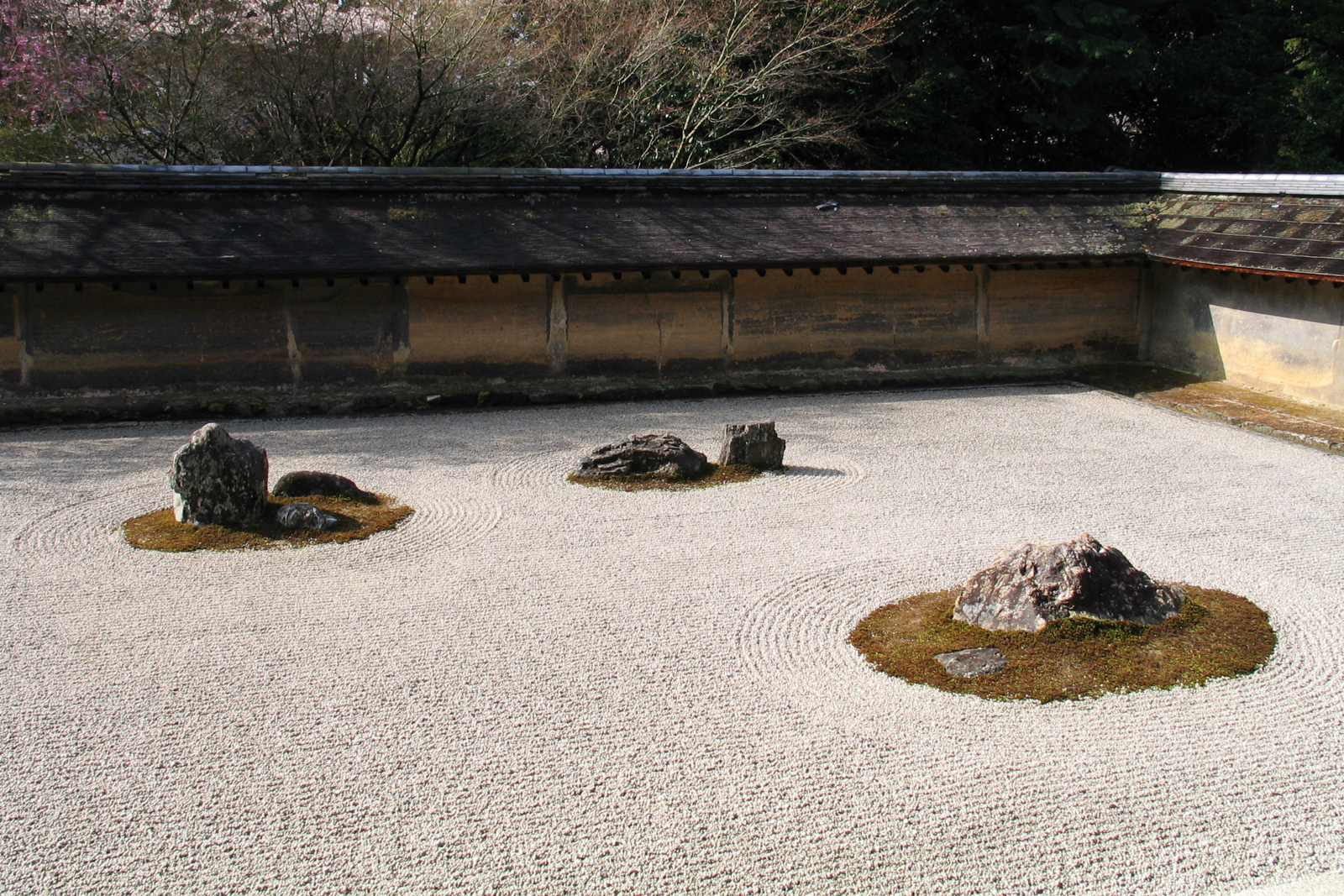|
Sabi (other) , a group of Bantu languages
{{disambiguation, geo ...
Sabi may refer to: * A member of an ethnoreligious group known as the Mandaeans (Sabians), in Arabic * Sabi (Korea), an ancient capital of Baekje * Sabi (dog), an Australian special forces dog * Save River (Africa), flows through Zimbabwe and Mozambique * Sabi Forest Park, The Gambia * Wabi-sabi, a Japanese aesthetic term * Sabi (singer), the stage name of American singer Jenice Portlock * Sabi Island, near the southern end of Myanmar * Sabi Sabi, a private game reserve in South Africa * Sabi languages The Sabi languages are a group of Bantu languages established by Christine Ahmed. They constitute much of Guthrie's Zone M, plus Senga. The languages, or clusters, along with their Guthrie identifications, are: * Taabwa (Malungu, M40) * Tumb ... [...More Info...] [...Related Items...] OR: [Wikipedia] [Google] [Baidu] |
Mandaeans
Mandaeans ( ar, المندائيون ), also known as Mandaean Sabians ( ) or simply as Sabians ( ), are an ethnoreligious group who are followers of Mandaeism. They believe that John the Baptist was the final and most important prophet. They may have been among the earliest religious groups to practice baptism, as well as among the earliest adherents of Gnosticism, a belief system of which they are the last surviving representatives today. The Mandaeans were originally native speakers of Mandaic, an Eastern Aramaic language, before they nearly all switched to Iraqi Arabic or Persian as their main language. After the invasion of Iraq by the United States and its allies in 2003, the Mandaean community of Iraq, which before the war numbered 60,000-70,000 persons, collapsed due to the rise of Islamic extremism and the absence of protection against it; with most of the community relocating to Iran, Syria and Jordan, or forming diaspora communities beyond the Middle East. Mandea ... [...More Info...] [...Related Items...] OR: [Wikipedia] [Google] [Baidu] |
Sabians
The Sabians, sometimes also spelled Sabaeans or Sabeans, are a mysterious religious group mentioned three times in the Quran (as , in later sources ), where it is implied that they belonged to the 'People of the Book' (). Their original identity, which seems to have been forgotten at an early date, has been called an "unsolved Quranic problem". Modern scholars have variously identified them as Mandaeans, Manichaeans, Sabaeans, Elchasaites, Archontics, (either as a type of Gnostics or as "sectarians"), or as adherents of the astral religion of Harran. Some scholars believe that it is impossible to establish their original identity with any degree of certainty. At least from the ninth century on, the Quranic epithet 'Sabian' was claimed by various religious groups who sought recognition by the Muslim authorities as a People of the Book deserving of legal protection (). Among those are the Sabians of Harran, adherents of a poorly understood pagan religion centered in the upper ... [...More Info...] [...Related Items...] OR: [Wikipedia] [Google] [Baidu] |
Sabi (Korea)
Sabi () was the third and final capital of the Korean kingdom of Baekje (KOR: 백제, also translated as Paekche), from 538 until Baekje’s fall in 660 CE. The site of Sabi is located in modern-day Buyeo County, South Chungcheong Province, in South Korea. Sabi Fortress also is known by the names Busosanseong, Sabiseong or Soburiseong Fortress. It consists of the inner fortress divided by roads centered on the royal palace, a defensive fortress called "Buso Mountain Fortress", and outer walls surrounding the palace. The inner part of the fortress involves 5 district area, where the existence of district was verified through rocks, roof titles, and wooden tablets etched with the name of administrative areas. It is also assumed that the royal palace of Baekje had been located on this site. Location The location of Sabi is north of current downtown Buyeo at the southern foot of Busosan Mountain. This location was chosen for its natural fortifications and ease of access to other r ... [...More Info...] [...Related Items...] OR: [Wikipedia] [Google] [Baidu] |
Sabi (dog)
Sarbi (11 September 2002 – 27 March 2015) was an Australian special forces explosives detection dog that spent almost 14 months missing in action (MIA) in Afghanistan having disappeared during an ambush on 2 September 2008. Sarbi was later rediscovered by an American soldier, and was reunited with Australian forces pending repatriation to Australia. Her name is sometimes spelled 'Sabi'. Background Sarbi was a female black Labrador Retriever Newfoundland cross trained in explosives detection. For her role in Afghanistan, Sarbi was trained to detect improvised explosive devices (IEDs) in Orūzgān Province. Contradictory reports at the time of her discovery put Sarbi's age at either four or ten years old. Sarbi had previously been used by the Incident Response Regiment during the 2006 Commonwealth Games held in Melbourne, Australia, before being deployed to Afghanistan as part of the Australian Army's Operation Slipper. Operation Slipper was the name of Australian military' ... [...More Info...] [...Related Items...] OR: [Wikipedia] [Google] [Baidu] |
Save River (Africa)
The Save River, or Sabi River (Portuguese: ''Rio Save'') is a river of southeastern Africa, flowing through Zimbabwe and Mozambique. The river has its source in Zimbabwe, some south of Harare, then flows south and then east, from the Zimbabwean highveld to its confluence with the Odzi River. It then turns south, drops over the Chivirira (“Place of Boiling”) Falls, and flows down the western side of Zimbabwe's Eastern Highlands forming a dry river valley in the rain shadow of these mountains. It is joined by the Runde River or Lundi at the Mozambique border, forming a dramatic confluence at Mahenya. It then crosses Mozambique to flow into the Indian Ocean at about 21°S. The Save River provided irrigation for sugar plantation, but now supports the cultivation of citrus, cotton, rice, and wheat. It is also a source of small-scale fishing for the local population. It divides Mozambique administratively, politically, ethnically and ecologically: * During the colonial era, the ... [...More Info...] [...Related Items...] OR: [Wikipedia] [Google] [Baidu] |
Sabi Forest Park
Sabi Forest Park is a forest park in the Gambia The Gambia,, ff, Gammbi, ar, غامبيا officially the Republic of The Gambia, is a country in West Africa. It is the smallest country within mainland AfricaHoare, Ben. (2002) ''The Kingfisher A-Z Encyclopedia'', Kingfisher Publicatio .... Established on January 1, 1954, it covers 73 hectares. It belongs to the Uper River Region (URR) and is about 5 kilometers from Basse Santa Su, which is the administrative seat of the region. It is located at an altitude of 51 meters. References Protected areas established in 1954 Forest parks of the Gambia {{Africa-protected-area-stub ... [...More Info...] [...Related Items...] OR: [Wikipedia] [Google] [Baidu] |
Wabi-sabi
In traditional Japanese aesthetics, is a world view centered on the acceptance of transience and imperfection. The aesthetic is sometimes described as one of appreciating beauty that is "imperfect, impermanent, and incomplete" in nature. It is prevalent throughout all forms of Japanese art. is a composite of two interrelated aesthetic concepts, and . According to the Stanford Encyclopedia of Philosophy, may be translated as "subdued, austere beauty," while means "rustic patina." is derived from the Buddhist teaching of the , specifically , and , however, originally the concepts were seen as two distinct concepts. Characteristics of aesthetics and principles include asymmetry, roughness, simplicity Simplicity is the state or quality of being simple. Something easy to understand or explain seems simple, in contrast to something complicated. Alternatively, as Herbert A. Simon suggests, something is simple or complex depending on the way we ..., economy, austerity ... [...More Info...] [...Related Items...] OR: [Wikipedia] [Google] [Baidu] |
Sabi (singer)
Jenice Dena Portlock (born November 24, 1987), also known as Sabi, is an American pop singer, songwriter, dancer and actress from Los Angeles, California. She was formerly part of the hip hop girl group The Bangz. Biography Early life and career beginnings As a kid growing up in Inglewood, California, daughter of a Salvadoran mother and African American father, Sabi was raised in a bilingual Spanish and English language household and spent every other weekend watching MTV at her father's house after her parents split up. Her father had cable television and her mother didn't, so she and her sisters were glued to the screen watching music videos all day – she especially loved watching Michael Jackson, Prince, and Sade. That's when she gained her immense passion for singing and song writing and made the decision that she wanted to be a performer. "I remember watching the Michael Jackson: Moonwalker video over and over and trying to pick up Michael's moves", she once said in ... [...More Info...] [...Related Items...] OR: [Wikipedia] [Google] [Baidu] |
Sabi Island
Sabi Island (Sabi Kyun or Trotter Island"Trotter Island (Variant)" , United States National Geospatial-Intelligence Agency) is an island in the Mergui Archipelago of Taninthayi Region, Burma (Myanmar). It lies between Money Island to the south and Parker Island to the north. The narrow channel between Sabi island and Money Island is rather shallow, but the half-mile wide channel between Sabi Island and Parker Island is quite deep.National Imagery and Mapping Agency (2002"South Coast of Burma (East of Cape Negrais) and the West Coast of Thailand"''Sailing Directions (Enroute): India and the Bay of Bengal'' (7th edition) National Imagery and Mapping Agency, Bethesda, Maryland, paragraph 8.63, pages 202-203, The island is heavily forested and has small bays with sandy beaches on the west side. The highest point is 326 m above the sea.National Geospatial-Intelligence Agency The National Geospatial-Intelligence Agency (NGA) is a combat support agency within the United States D ... [...More Info...] [...Related Items...] OR: [Wikipedia] [Google] [Baidu] |
Sabi Sabi
Sabi Sabi is a private game reserve in South Africa, situated in the Sabi Sand Game Reserve which flanks the south western section of the Kruger National Park. The Sabi Sand Reserve is one of the parks that make up the Greater Kruger National Park. It is a conservation area where the big five game ( lion, leopard, rhinoceros, buffalo, elephant) occur naturally. Wildlife Wildlife present include Southern African wildcat, black-backed jackal, blue wildebeest, Burchell's zebra, Cape buffalo, chacma baboon, civet, common duiker, African bush elephant, South African giraffe, hippopotamus, impala, kudu, large-spotted genet, African leopard, cheetah, lion, reedbuck, scrub hare, side-striped jackal, slender mongoose, spotted hyena, steenbok, tree squirrel, vervet monkey, warthog, waterbuck, southern white rhinoceros, white-tailed mongoose and Cape wild dog. Also seen here are a variety of birds including saddle-billed storks, vultures, cattle egrets and brown-headed par ... [...More Info...] [...Related Items...] OR: [Wikipedia] [Google] [Baidu] |

.jpg)

.jpg)